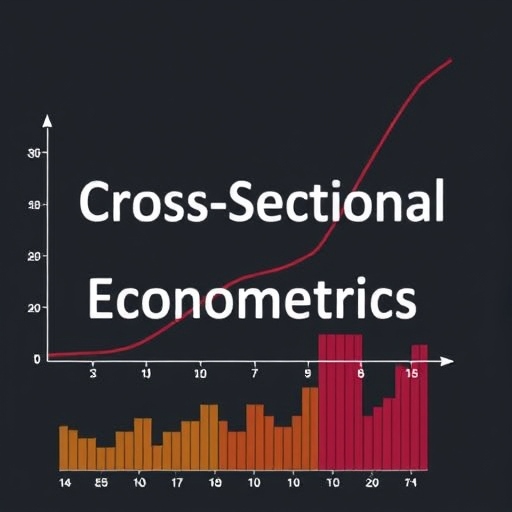This study assessed how livelihood diversification mitigates vulnerability to food insecurity during agro-economic shocks in Nigeria, using GHS Panel Wave 4 data. Applying descriptive statistics, FGLS, and Propensity Score Matching (PSM), it found that while 64.6% of households diversified, 38.4% still faced food insecurity—suggesting limited protection. About 41.4% experienced shocks (47.2% idiosyncratic, 52.3% covariate), including illness, flooding, and price hikes. Vulnerability was highest in rural and Northeastern zones. PSM revealed that diversification reduced vulnerability by 3.56 percentage points on average, though the effect varied by shock type and diversification quality. The study concludes that diversification is helpful but insufficient, and recommends investments in infrastructure, non-farm livelihoods, extension, credit, and social protection.
View Full Article (PDF)Downloads: 7


Comments
No comments yet. Be the first to comment!